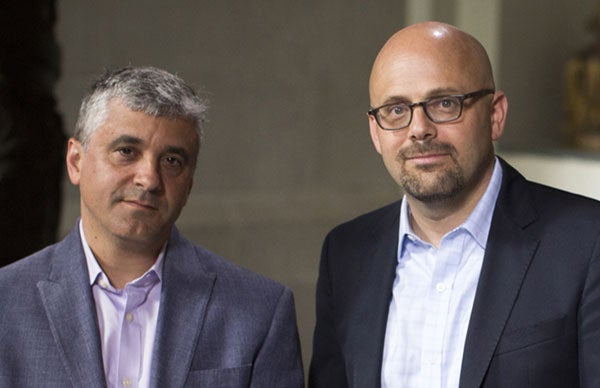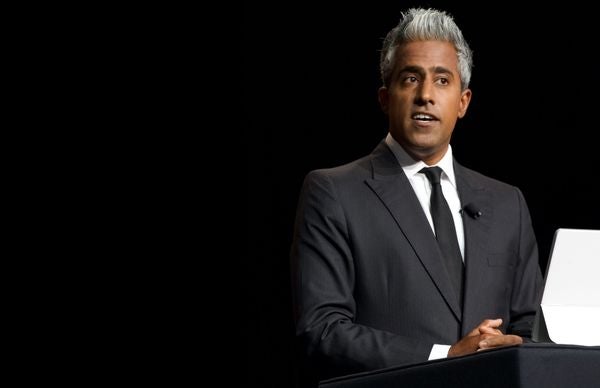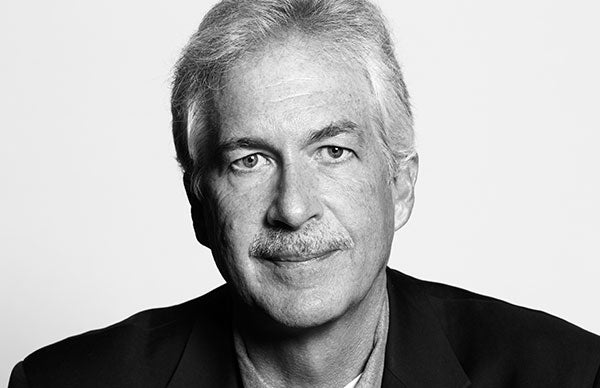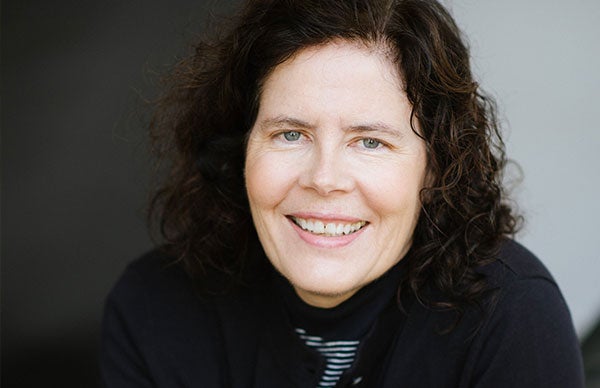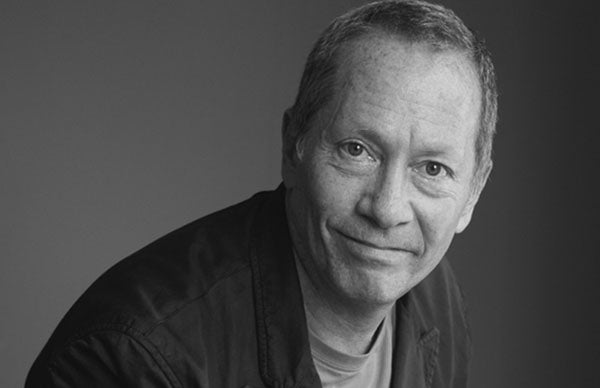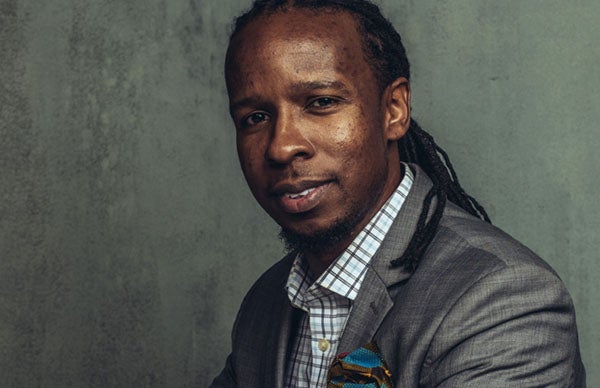With their depth of experience as political scientists, historians, and commentators, these speakers weave together past events with our present state of affairs to enlighten audiences on the power of—and ongoing threat to—our democratic system.
Steven Levitsky and Daniel Ziblatt
Authors of the New York Times bestselling How Democracies Die and Tyranny of the Minority
Steven Levitsky and Daniel Ziblatt are professors at Harvard University and co-authors of the New York Times-bestselling book, How Democracies Die, which explores warning signs of rising fascism. In their engaging talks, Levitsky and Ziblatt caution audiences against the decline of institutions such as the judiciary and the press, and the steady disintegration of long-standing political norms. Drawing on research and a range of historical and current examples, Levitsky and Ziblatt outline how democracies die—and how we can save our own.
Private: Anand Giridharadas
Bestselling author of Winners Take All and The Persuaders and a top on-air political analyst for MSNBC
Anand Giridharadas is an editor-at-large for TIME and the author of the bestselling book Winners Take All. His newsletter, The.Ink, offers current, razor-sharp commentary on the latest happenings in politics and business. In his striking conversations, Giridharadas analyzes America’s recent intersecting crises of health, economics, race, climate, and democracy, and highlights how the extreme inequalities within our society are growing ever more apparent. He muses on how Americans can prepare for a more diverse, perceptive, and globally integrated future, and how we might go on a journey of shifting identity together, rather than in factions. Giridharadas argues that instead of viewing this moment in time as one of great danger and despair, we should reframe it as a unique opportunity for systemic change and hope in the midst of darkness.
Private: Ambassador William J. Burns
President of the Carnegie Endowment for International Peace and former Deputy Secretary of State
William J. Burns is a former Deputy Secretary of State and has been hailed as an “American diplomatic legend” by Secretary of State John Kerry. Burns played a central role in over three decades of international politics, from the end of the Cold War and relations with Putin’s Russia to the post-9/11 Middle East and nuclear talks with Iran. In his memoir, The Back Channel, as well as his speeches, Burns argues for renewing diplomacy as the tool of first resort in American statecraft. He shares his firsthand experiences serving under five presidents and ten secretaries of state, and he provides a future roadmap for American leadership and diplomacy.
Nancy Isenberg is the award-winning author of the New York Times bestseller White Trash, along with five other books that have given her widespread acclaim and recognition. White Trash is a groundbreaking bestselling history of the class system in America that confronts the pervasive myth of economic equality. Isenberg’s latest book, The Problem of Democracy, enriches and challenges readers’ understanding of history through the presidencies of John Adams and John Quincy Adams. Listed as one of Politico Magazine’s “50 Most Important Thinkers,” Isenberg shows that the issues politicians contend with today are continuations of age-old debates about the very soul of America.
Eduardo Porter
Economics reporter at The New York Times and author of American Poison
Eduardo Porter is a New York Times economics reporter and the author of The Price of Everything and American Poison. The latter is a thorough examination of how racism has eroded American society and damaged the lives of its citizens, and a heartfelt look at how these deep wounds might begin to heal. Drawing from two decades of worldwide business and financial reporting, Porter delivers persuasive and insightful speeches to academic and corporate audiences about social justice, economic inequality, and the crucial role of immigration and diversity in a healthy economy.
Dr. Ibram X. Kendi
National Book Award-winning historian and #1 New York Times-bestselling author of Stamped from the Beginning and How to Be an Antiracist
Dr. Ibram X. Kendi‘s widely praised bestseller, How to Be an Antiracist, was one of the best books of 2020 according to The New York Times Book Review, Time, NPR, and The Washington Post. The book gives readers a revolutionary new framework for recognizing and dismantling racism. Dr. Kendi himself was recently named one of TIME‘s 100 Most Influential People of 2020 and one of The Root‘s 100 Most Influential African Americans of 2020. Informed by years of research on how racist ideas continue to persist in America, Dr. Kendi’s speeches empower audiences to pursue equality and challenges them to look deeply at the context and circumstances surrounding historical events. Through his powerful columns in The Atlantic (including his most recent, on American denial), and the rest of his prolific work, Dr. Kendi exposes the racist roots of modern society and provide audiences with the tools to dismantle them. His newest book, Four Hundred Souls: A Community History of African America, co-edited with Keisha Blain, will publish in February 2021.
